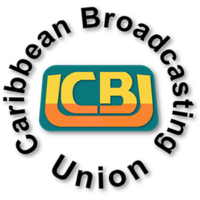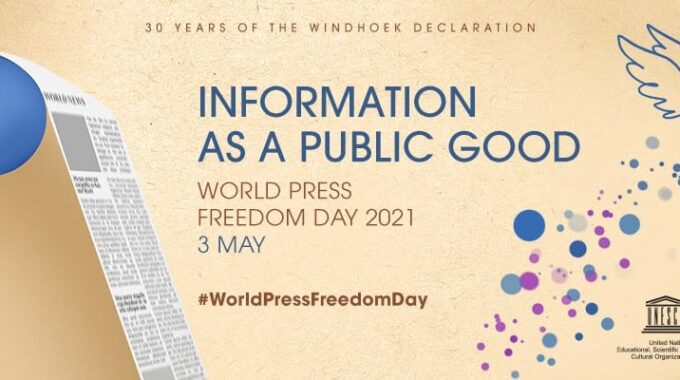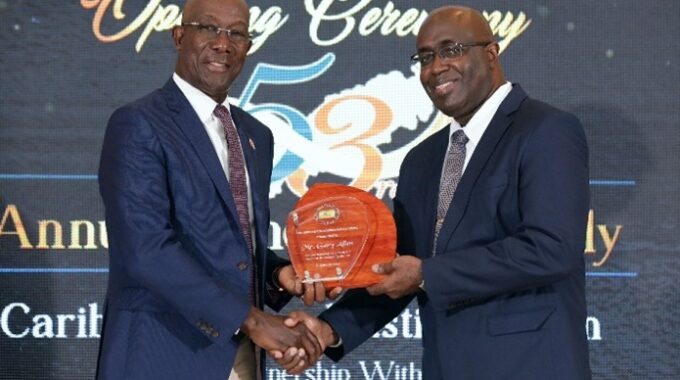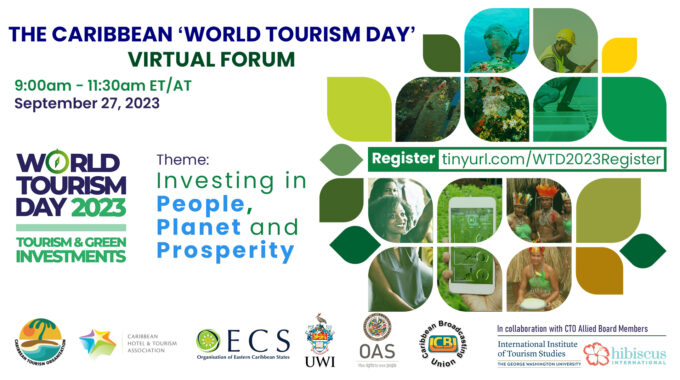The technological revolution is radically transforming how we inform ourselves. In just a few years, sources of information have multiplied, taken on numerous formats and become globalized. It is now possible to obtain immediately a wealth of material on the most varied of topics. These new circumstances provide tremendous opportunities for individual and societal development. However, such development can only take place if these opportunities are available to all. In a highly interconnected global society, a lack of equal access to information is a sure way to increase marginalization and rapid exclusion from the rest of the world. The purpose of this international day is to remind governments and all the stakeholders in civil society of the need to ensure truly universal access to information.
Fulfilment of this need is part of Sustainable Development Goal (SDG) 16 of the 2030 Agenda for Sustainable Development, which calls for action to “ensure public access to information and protect fundamental freedoms”. Access to information is directly linked to the enjoyment of basic rights and freedoms and influences the achievement of all the Sustainable Development Goals. Being a well-informed citizen means being knowledgeable, having a critical mind, and being able to play an active part in community and national life.It means having access to knowledge essential to one’s health and well-being.
It means having the educational resources that make it possible to enjoy lifelong learning and adapt to an ever-changing socioeconomic environment. It means unlocking one’s creative and innovative potential.
It also means being aware of the major challenges facing humanity – such as climate change, for example – and knowing how to respond in order to mitigate their effects. Making universal access to information a reality requires action on a variety of fronts. States must develop adequate legislation and ensure universal access to the Internet. They must encourage multilingualism online and offline so that all communities can access essential knowledge in their native languages. They must also act to close the digital divide, which tends to perpetuate social and gender inequalities. Through its various programmes and by working alongside governments, UNESCO helps to combat these inequalities.
Finally, access to information is, without a doubt, a matter that concerns freedom of the press and the safety of journalists. UNESCO works tirelessly to remove the obstacles to a pluralistic and free press so that all citizens can benefit from reliable, verified and quality information.
The knowledge and information society that is currently taking shape holds bright promise. On this International Day for Universal Access to Information, let us work together to ensure that this promise bears fruit for all.
Please click here for further information: https://en.unesco.org/commemorations/accesstoinformationday/



